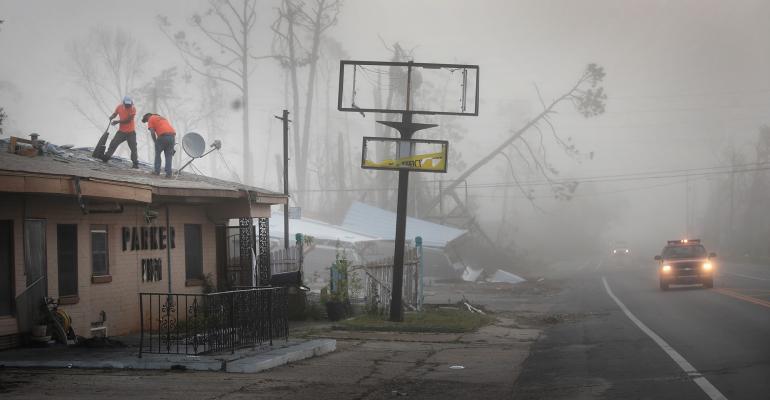The last day of the Fall Conference of the National Investment Center for Seniors Housing & Care (NIC) taking place in Chicago from Oct. 17 to Oct. 19 focused on risk management, with a major emphasis on staffing shortages, strategies to stay afloat in a changing market and a new perspective on state star ratings for nursing care facilities. Some takeaways from Friday’s conference sessions include:
- In order of the highest risk to the economic and social health of skilled nursing facilities are: staffing shortages, lawsuits from residents, non-compliance with government regulations and, at the bottom of the list, issues around healthcare reimbursement, according to the speakers participating in a panel on “Understanding the Most Significant Risks in Seniors Housing and Care.” Lawsuits tend to be related to problems with high turnover because claims often surround general negligence over time, making them the hardest to defend against when multiple incidents occur over a long period of time. Finding and keeping good nurses is difficult due to competition with hospitals, said panelists including Aaron Bloom Esq., general counsel with Traditions Senior Management Inc., John DiMaggio, CEO of Blue Orange Compliance, Kymberlee Dougherty Tysk, CEO of Hummingbird Risk Advisors LLC, and Jeff Marshall, senior vice president of operations with Omega Healthcare Investors Inc.
- In states affected by hurricanes, operators need clear response plans in place to be ready to deal with an uninhabitable building, as well as a plan for financial survival. Advanced warnings for hurricanes make the need for relocation less of a surprise as compared to “true risks, such as the power going out a Sunday night before a holiday or a tree destroying the roof,” said Aaron Bloom.
- So far, 53 percent of seniors care facilities have self-reported that they have a full-time risk manager on staff, the panelists noted.
- When it comes to a facility’s reputation, it’s more beneficial to focus on health outcomes as opposed to star ratings to help reduce regulatory sanctions, said Jeff Marshall.
- The leading indicators of a seniors care facility’s profitability focus on clinical outcomes and hospitalization and rehospitalization rates as opposed to focusing on revenue, according to a study at completed by PointRight, a business intelligence provider for post-acute care providers, hospitals and payers.
- States’ five-star ratings system for skilled nursing facilities is driven by surveys, leading to deficiencies outlined in the surveys to be state-specific because scores differ depending on the region. “The survey is the most biased five-star process, and the best indicator [of a facilities’ quality of care] is the zip code,” said Steven Littlehale, executive vice president and chief clinical officer with PointRight Inc.
- In today’s market there can be issues with acquisitions by both capital-rich and capital-constrained investors. Under the capital-rich banner, “a private equity firm with a lot of money can promote growth too quickly, which leads to bad decisions and makes a property unmanageable,” said Lee S. Delaveris, viice president with KeyBank Real Estate Capital, during a panel on “Thriving in Skilled Nursing.” Capital-constrained owners may also be problematic, where a regional owner or operator is a family-owned company with too much debt to acquire a new facility, added Delaveris.
- The panel pointed to the potential risks and advantages of today’s volatile capital markets environment. There’s very high leverage financing available in the market, but there are also low interest rates, Delaveris said.
- Smaller mom-and-pop seniors housing owners are consolidating to build larger entities.
- The industry needs to rethink how it makes capital investments focusing on the baby boomers to not forget about health issues affecting current residents. Although there is pressure to address the way buildings will appeal aesthetically to incoming boomers in the next several years, it’s imperative to focus on “how to use capital to fit the programming needs for the patients we see right now,” said Julianne Williams, co-founder and president of Dycora Transitional Health and Living, a skilled nursing facility operator.
0 comments
Hide comments

